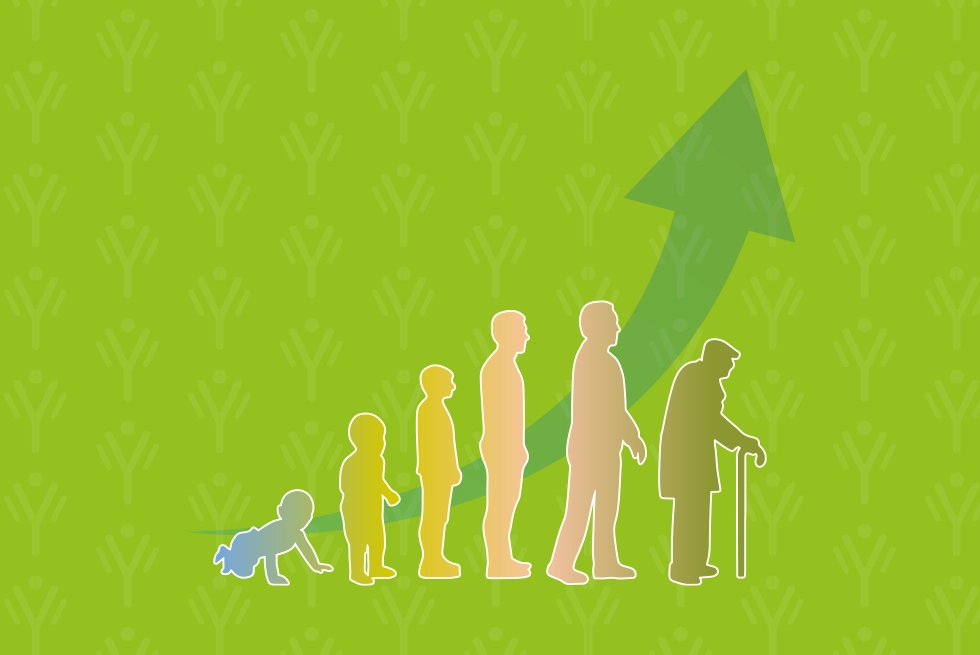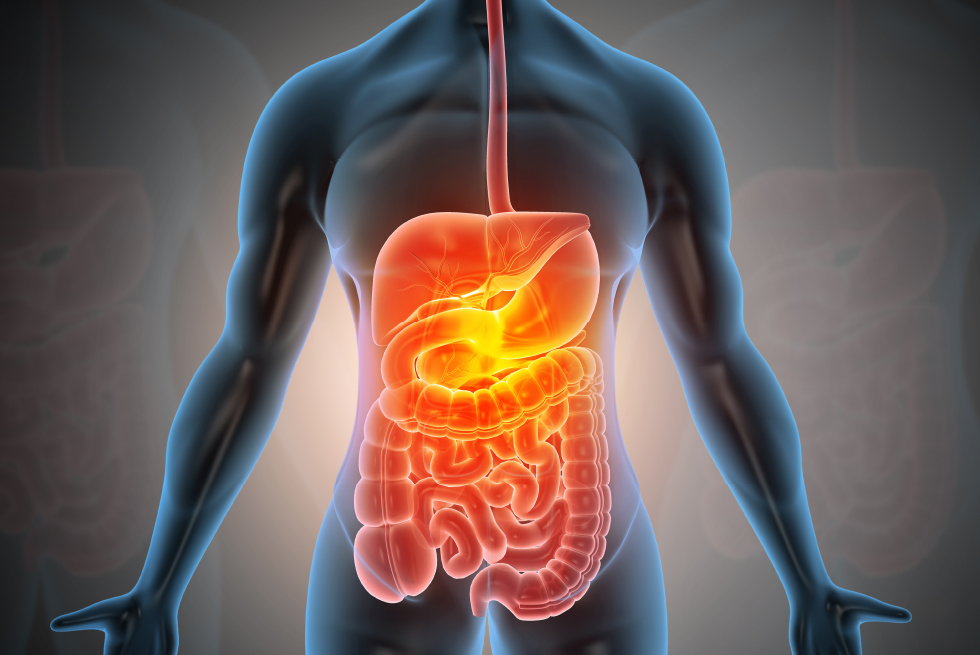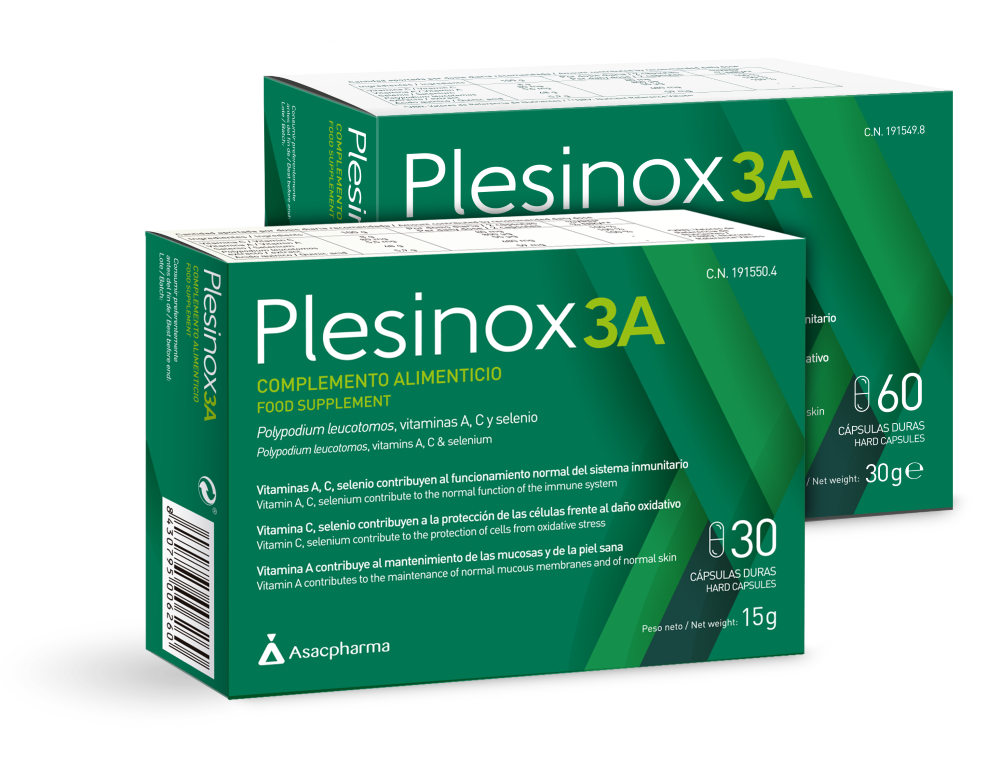The immune system changes throughout life, facing different challenges at each stage. Knowing how it evolves helps us to strengthen our defences and stay protected.
Babies: a developing immune system
At birth, the immune system is immature, making babies more vulnerable to infection. During pregnancy, the mother transfers antibodies through the placenta, providing temporary protection. Breast milk boosts this immunity with antibodies and essential nutrients. However, their immune system still needs to develop, so vaccination plays a key role in preventing serious diseases and maturing their defences.
Children and adolescents: strengthening defences
During childhood, the immune system is still maturing. Children often get sick frequently because their bodies are still learning to recognise viruses and bacteria. Each infection acts as a ‘lesson’ that helps build a more efficient immune memory. In adolescence, hormonal changes can affect immune function and increase the risk of autoimmune diseases. In addition, growth spurts increase the need for vitamins and minerals essential for a strong immune system, so a balanced diet is key.
Adults: balance and wear and tear on the immune system
In adulthood, the immune system is at its peak, but factors such as stress, sedentary lifestyles, poor diet and lack of sleep can weaken it. To maintain an efficient immune response, it is essential:
- Maintain a diet rich in vitamins and minerals.
- Exercise regularly, as it improves the circulation of immune cells.
- Get adequate rest, as sleep promotes the regeneration of the immune system.
- Reduce stress, which affects the production of defence cells.
Elderly: weakened immunity
With ageing, the immune system becomes less effective in a process called immunosenescence, which reduces the production of immune cells and slows down the response to infections. This increases the risk of inflammatory and autoimmune diseases. To strengthen defences at this stage, the following are recommended:
- Vaccination against influenza and pneumococcus.
- A balanced diet high in antioxidants and protein.
- Regular physical activity to maintain an active immune response.
Each stage of life presents different challenges to the immune system, so adopting healthy habits is key to maintaining a good defence at any age.





